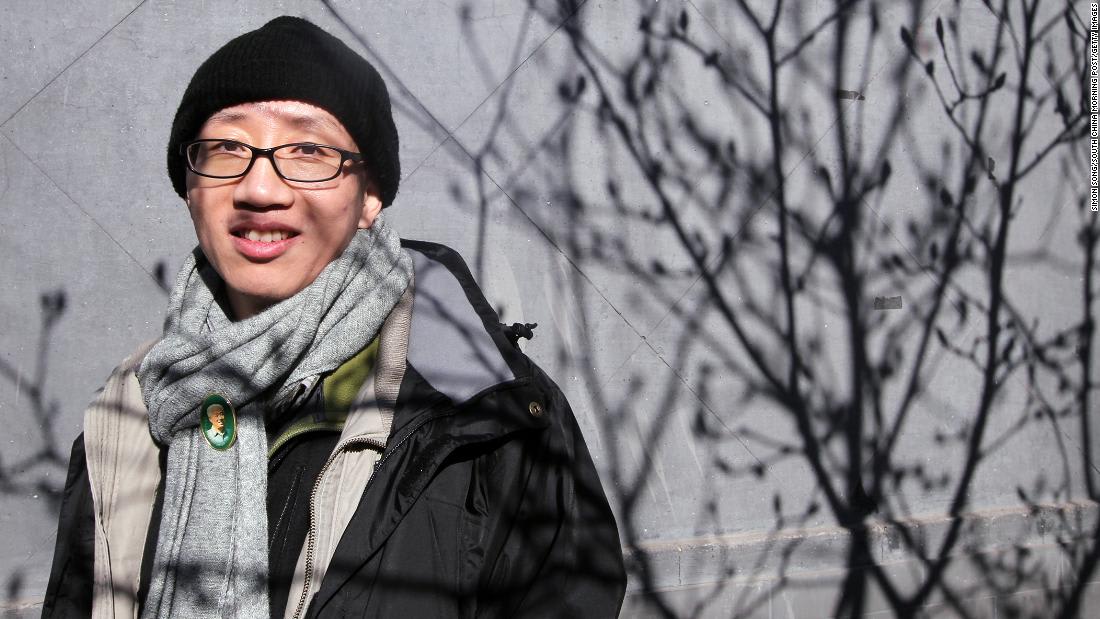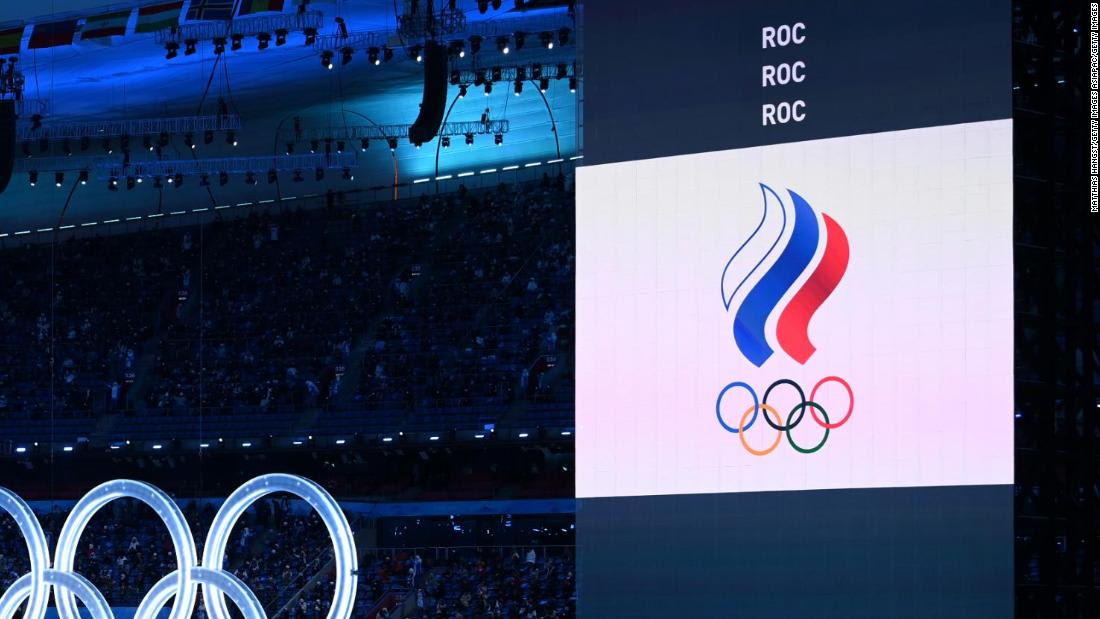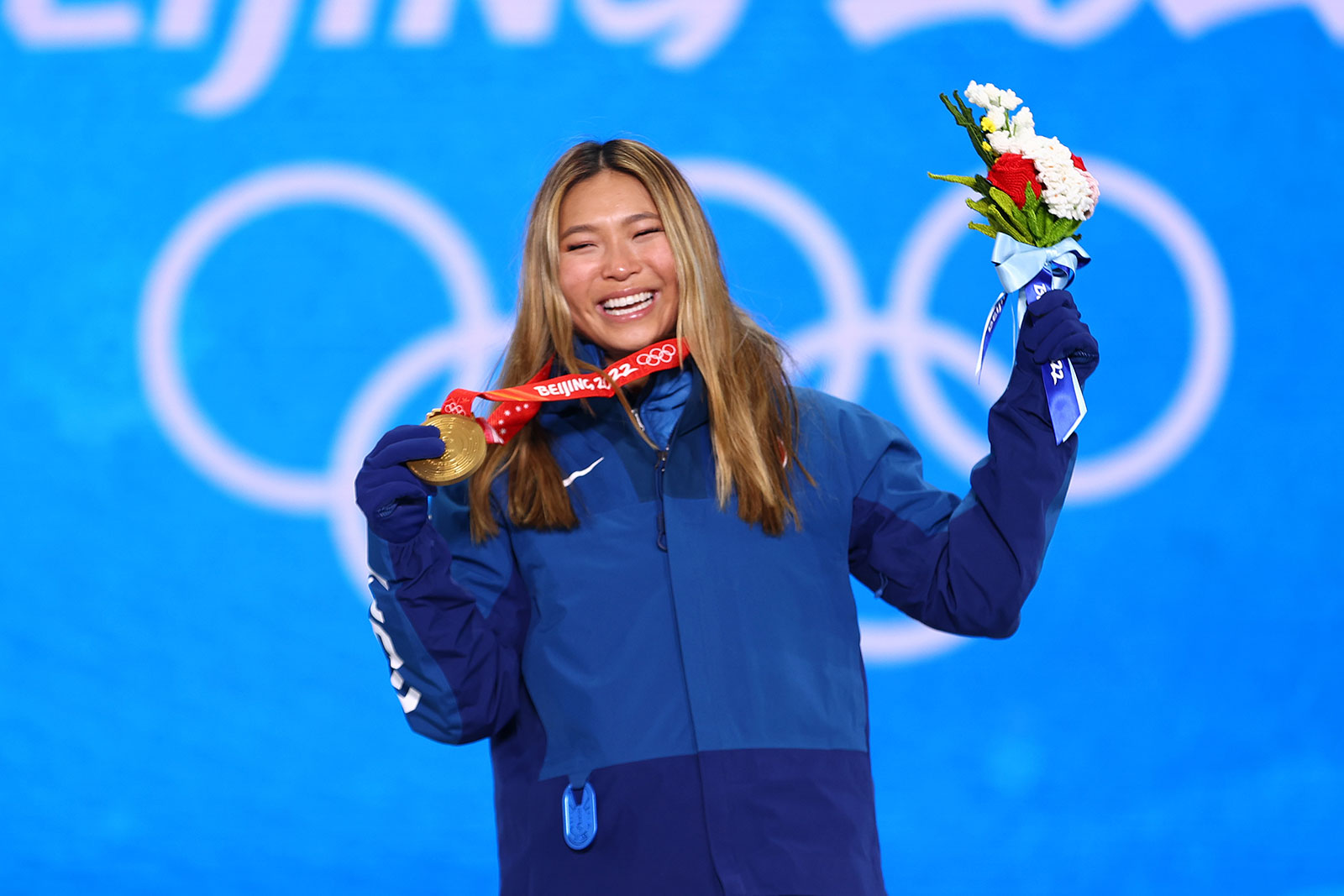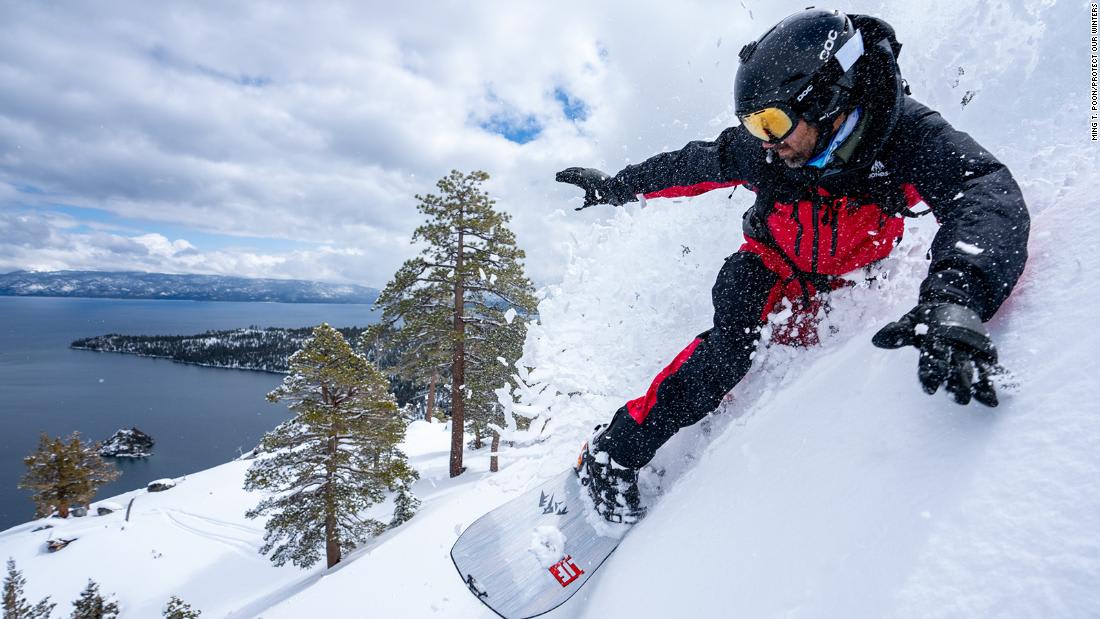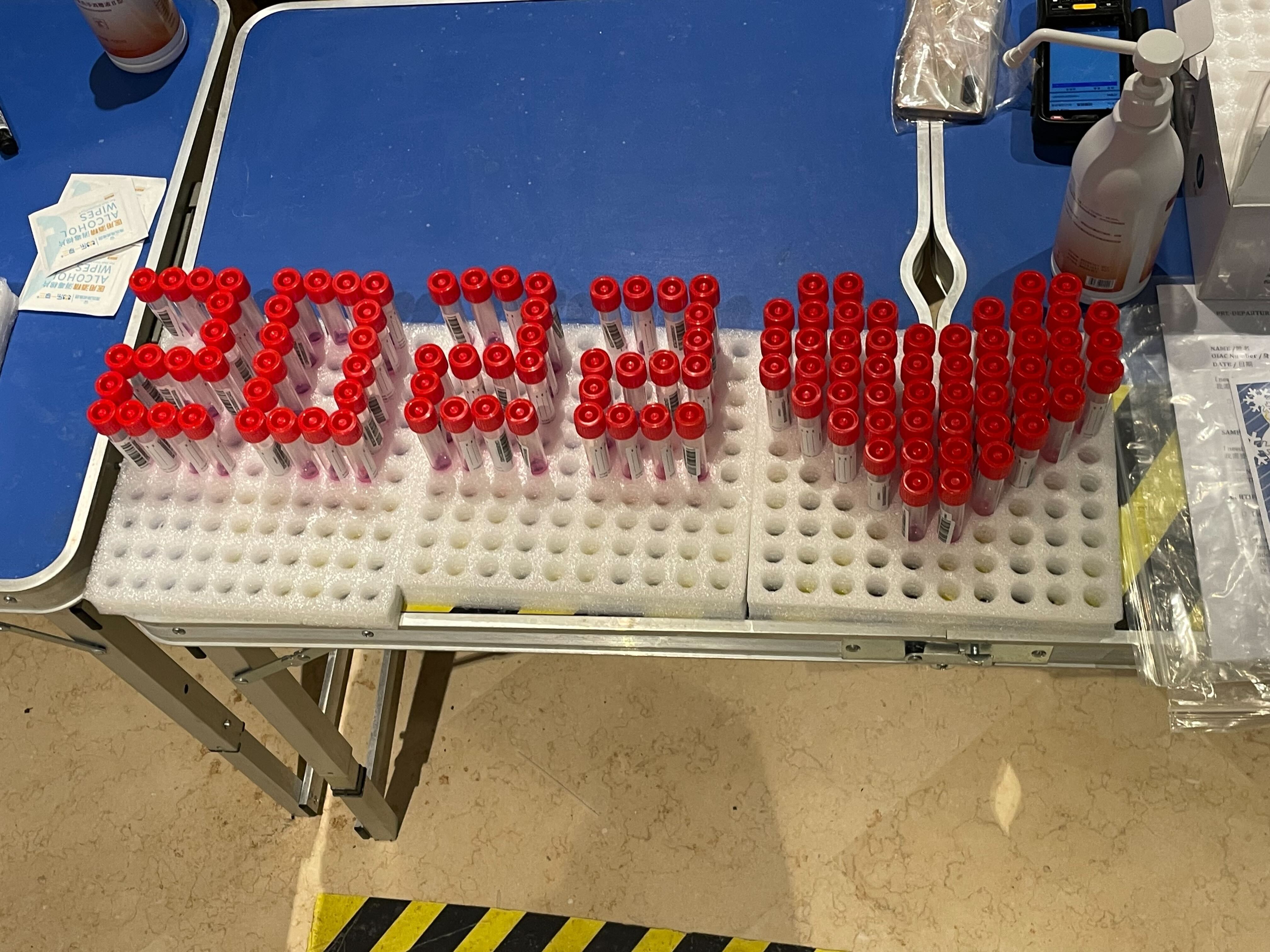
The mandatory daily Covid-19 test is usually the least pleasant part of the day for those inside Beijing's Olympic bubble.
But the experience turned into a moment of human connection for one CNN reporter, who showed up to the testing center to see a number of soon-to-be-used test vials arranged into the pattern of a heart and "2022."
It struck a contrast to previous days of testing, which felt sterile and impersonal, with volunteers and staff hidden behind layers of protective gear and face masks. When the reporter asked staff why they arranged the vials that way, they said they knew being tested daily was uncomfortable, and wanted to do something to make people feel more welcome.
When asked what the experience has been like for them so far, the staff responded that they missed their families — a sentiment our reporter could relate to. They pulled out their phones and showed each other photos of their families.
The demands of the bubble: The "closed loop" separates Olympic athletes, support staff, media and volunteers from the rest of the Beijing public — but the stringent requirements are exacting, with an especially high cost for Chinese volunteers.
The first batch of volunteers, including health care workers, drivers, cleaners and chefs, entered the bubble on Jan. 3 — and they're all required to stay until the Games end on Feb. 20. Once they leave the bubble, they must then undergo 21 days of strict quarantine at a designated facility.
That means they must spend more than two months away from family and had to miss Lunar New Year, which took place last week and is the biggest festival in China. It's the most important time for families to gather, likened by some to Christmas, Thanksgiving and New Years combined.
